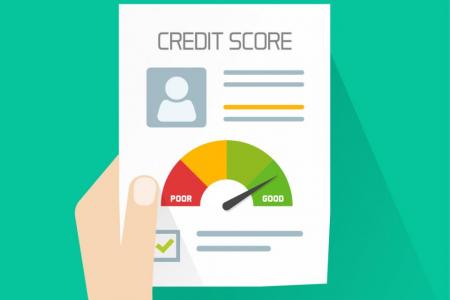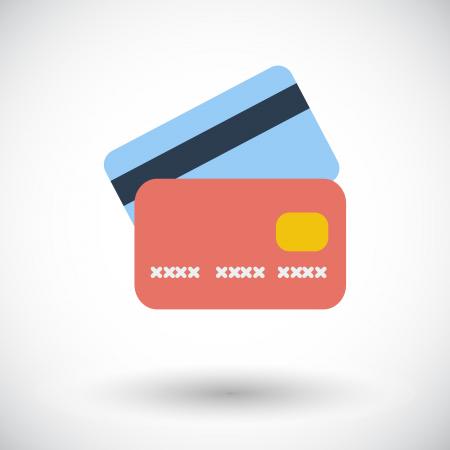Maintain Your Credit and Improve Your Score
It's no secret that having good credit is important to your financial health— and for a variety of reasons. Your credit history plays an important role in determining whether or not you can qualify for a loan, which can affect whether or not you are able to buy a house, a car or even rent an apartment.
Financial advisors agree on this: maintaining good credit is very important in leading a fit financial life. Your score reveals a lot about you—and people tend to make decisions based on that number. Many people do not realize that landlords, employers, and companies check credit scores before making a decision on whether or not they can grant a contract or a job.
A high credit score suggests that you pay your bills on time and indicates whether or not you have ever filed for bankruptcy protection. Companies, landlords, and employers can and do use the information on your credit report as a future indication of your creditworthiness.
What You Can Do To Improve Your Score
Although maintaining good credit can be challenging, the best way to ensure a high score is to spend wisely and stick to your budget. If you are in control of your finances and repay your debts, you can easily build a strong credit history.
If you currently find yourself in debt, the first step is to take charge of the problem and get your finances in order. Start by keeping track of all the money you spend—from a cup of coffee to dinner, to the new TV for your house. No matter how big or small, write it down. Soon you will see patterns—and it will be obvious that some expenditures aren't necessary. Cut those out immediately and develop a realistic budget that you can stick to.
Next, keep track of everything you owe. Monthly statements should be reviewed when they arrive and always check for any possible inconsistencies. Additionally, always remember to report any errors immediately. Pay the creditor on or before the due date, do not skip payments and try to pay more than the minimum or, if possible, pay the whole balance each month. And always stay within your credit limit.








